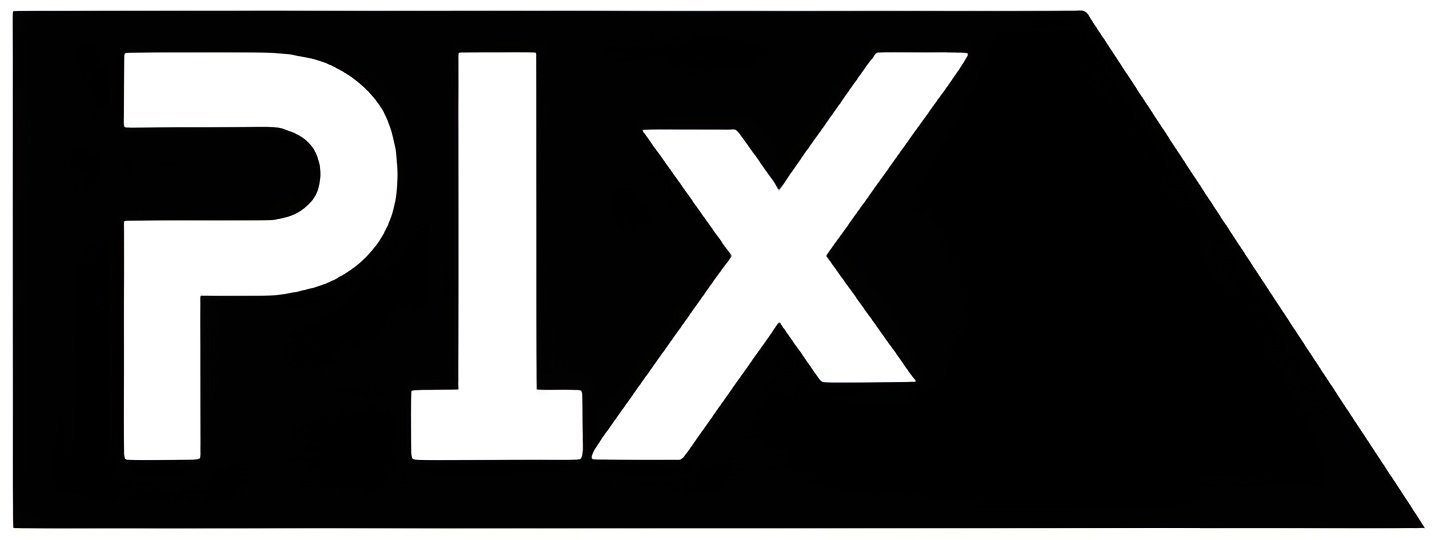The Federal Trade Commission (FTC) filed a complaint against Sendit, an anonymous question app that became popular with Gen Z and younger, for unlawfully collecting children’s data, deceiving users about who sent them messages, and tricking users into buying memberships.
On Sendit, users — who are mostly teens — can send each other anonymous questions via integrations with Instagram, TikTok, or Snapchat. Several apps like this have cropped up over the years, including YOLO and LMK, which were suspended on Snapchat in 2021 due to a lawsuit over a child’s suicide. After that suspension, Sendit quickly gained 3.5 million downloads, as users flocked to the app to replace those that were no longer available.
By the following year, TechCrunch reporting found that the newer anonymous question apps, like Sendit and LMK, were misleading users with fake messages, then offering in-app purchases to reveal who sent the messages.
This reporting was echoed in the FTC’s complaint, which stated that Sendit sent users fake, provocative messages (like “would you ever get with me?” or “have you done drugs?”).
If a user wanted to see who sent a message, they could spend $9.99 for a “Diamond Membership,” but the FTC claims that it was not clear that this was a recurring weekly payment, and not a one-time cost. If a user revealed the “identity” behind a message that was actually submitted by Sendit, they would be given false information.
The FTC also accused Sendit of knowingly collecting data on users under the age of 13 without parental consent, which is illegal under COPPA (Children’s Online Privacy Protection Act). In particular, the FTC cited an instance from 2022 when more than 116,000 users reported that they were under 13, but Sendit parent Iconic Hearts did not notify parents that it had collected this data, nor did it ask for permission.
That same year, TechCrunch found that Sendit users were complaining in App Store reviews that the Sendit for Instagram app had solicited downloads by marketing itself as “Sendit Reveal,” an app that would “reveal” who sent them anonymous messages.
At the time, when TechCrunch asked Sendit founder Hunter Rice about these dark patterns, he suggested that we were looking for clickbait.
“There’s a lot of great things about what we’re doing that are newsworthy,” Rice told TechCrunch in 2022. “You’re welcome to have your fun with this topic, but I’m only interested in talking about real news.”
Sendit also sued a competitor, NGL, in 2022, saying it stole the idea of the fake, anonymous questions and other trade secrets. NGL was later forced to end the practice in order to remain in the App Store, following TechCrunch’s reporting.



















































